Brake lines are essential to brake system functionality. If your vehicle’s brake lines are not performing as they should, you, your passengers, and others on the road will be put in harm’s way. Let’s take a quick look at the ins and outs of brake lines to explain how they function and why they are so important.
An Overview of Brake Lines
When a driver presses his or her foot against the brake pedal, the pressure moves to the brakes so the vehicle can stop. This pressure is transferred through the braking system’s brake lines. The majority of vehicles are built with a hydraulic braking system. This type of system has brake fluid contained within the master cylinder. The brake fluid is sent from the cylinder to the brake calipers by way of the brake lines at the point when the brake pedal is pressed. The vehicle slowing and stopping occurs when the calipers clamp against the brakes.
If you suspect your vehicle’s brake lines are faulty or no longer functional, it is imperative you inspect those lines or bring the vehicle to a mechanic for prompt service. Even slight cracking, fraying, and corrosion are problematic and necessitates immediate attention from professionals. An experienced automobile repair technician will closely analyze the brake line damage, perform the necessary repair, and get your vehicle back on the road as soon as possible. Fail to have your brake line problem addressed in a timely manner and you run the risk that your vehicle will not be able to stop you from a collision. This is precisely why brake lines should be inspected and replaced in a timely manner. The moral of the story is faulty brake lines equate to insufficient stopping power.
How to Tell if the Brake Lines Have Gone Bad
There are some telltale signs that brake lines are going bad or have reached the point at which immediate replacement is required. Though some brake lines will last the entire lifespan of the vehicle, some do not stand the test of time. Everything from a rough driving style to the presence of debris and general wear as a result of extensive vehicle age has the potential to cause holes or cracks within the brake lines.
As an example, if you spot fluid leaking from the brake lines, it is an indication they have gone bad. Take a close look at the leak to determine whether it is actually a brake line leak. The liquids within vehicles have unique colors. Brake line fluid is typically translucent. However, if the fluid is dirty or old, it might be brown. If the fluid has a dry oily feel upon touch, it is a sign it is the brake fluid. You can also tell if the fluid in question is from the brake lines by smelling it. Brake fluid typically smells similar to castor oil or fish oil.
Any sign of visual distress is also a clue that the brake lines require attention. Take a look at the brake lines for visual indicators of problems such as damage, corrosion, or moisture. If any such signs are present, it is time to replace your vehicle’s brake lines. Furthermore, if the brake light is illuminated on the dashboard, it is cause for concern. This light will illuminate if your vehicle is low on brake fluid or if the brake lines are going bad.
Above all, the movement of the brake pedal all the way to the ground is a major cause for concern. The brake pedal should not move down to the floorboard. If this occurs with minimal or no resistance at all, the brake line has problems that require prompt analysis and replacement.
Err on the Side of Caution by Proactively Replacing old Brake Lines
If your vehicle’s brake lines are old, it is better to be safe as opposed to sorry by replacing them before problems occur. Aging brake lines gradually expand or even crack as opposed to pressurizing the caliper’s piston. In other words, the energy stemming from the pressure applied by your foot to the brake pedal will no longer slow the vehicle down when the brake lines have been compromised. Rather, this pressure will build up within the brake lines similar to water moving through a hose with a sealed end. This means faulty brake lines can result in the complete loss of braking power, eliminating your control over the vehicle and creating a dangerous situation for yourself as well as your fellow drivers.
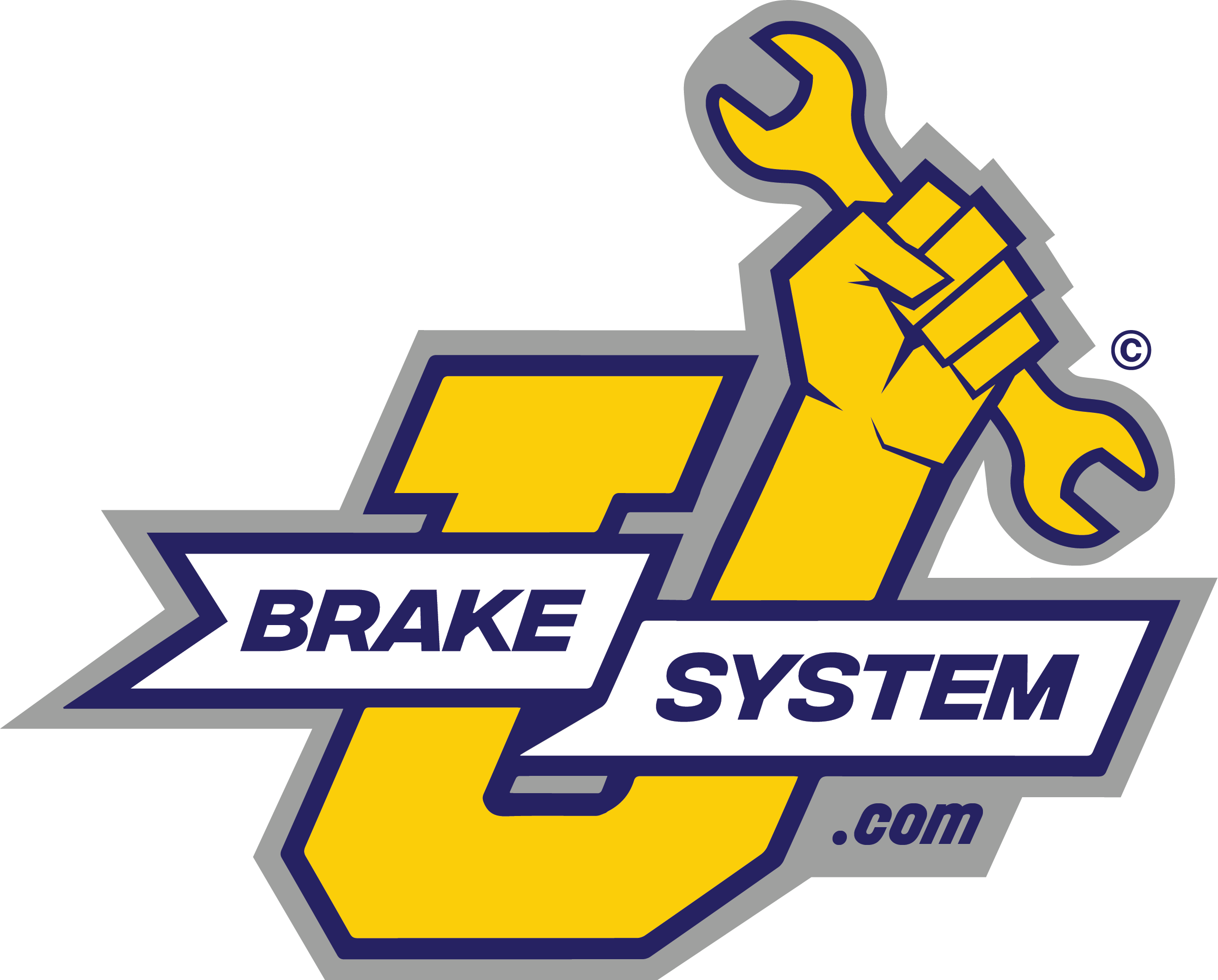
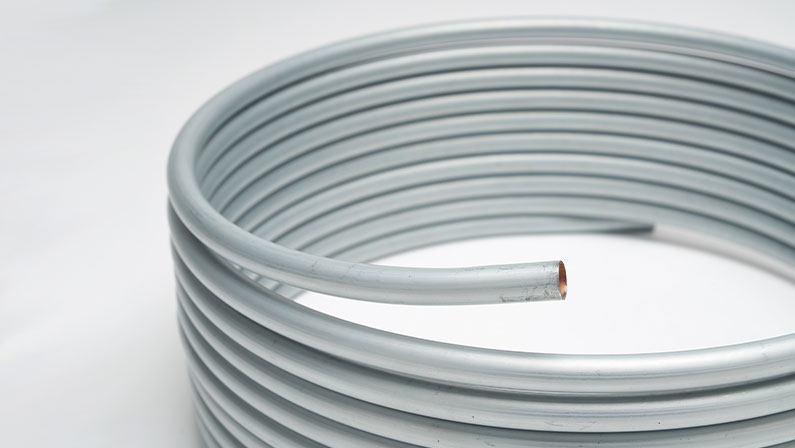
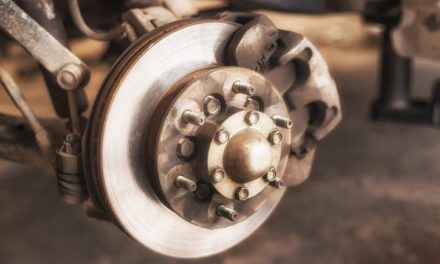
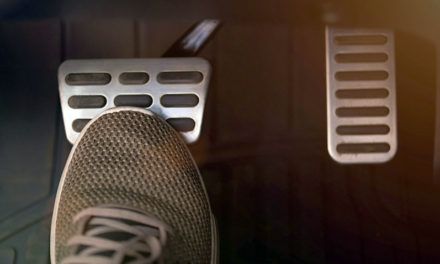
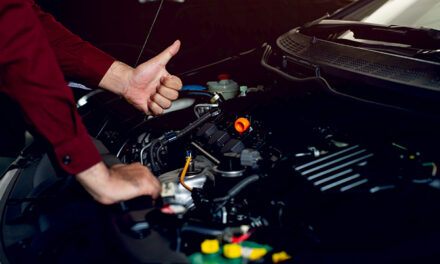
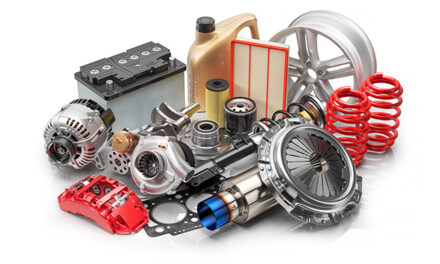





I didn’t mention that I used these lines for trans cooler lines
Thanks